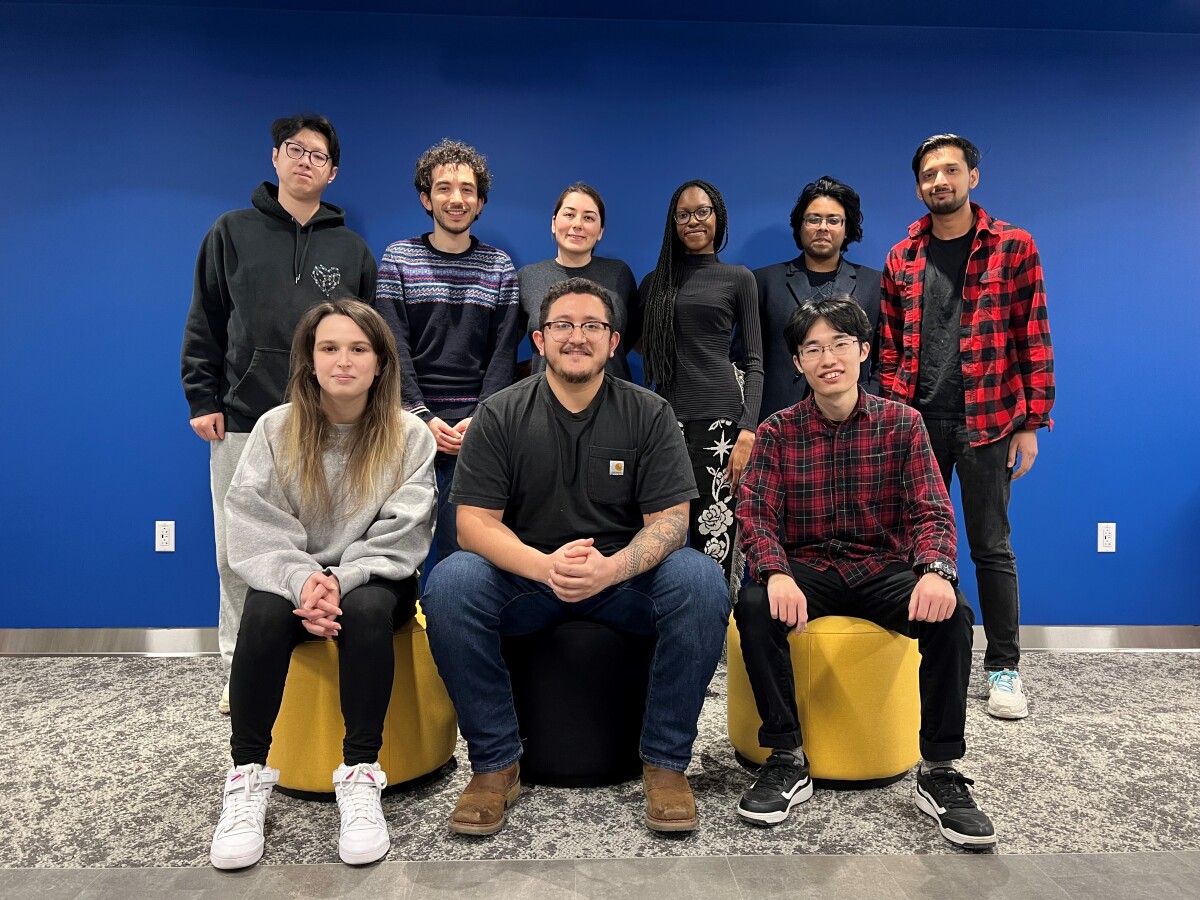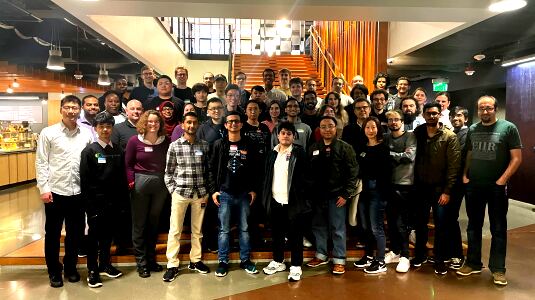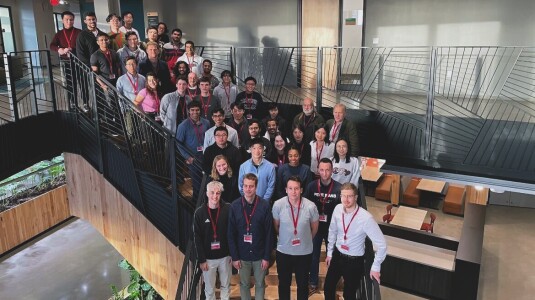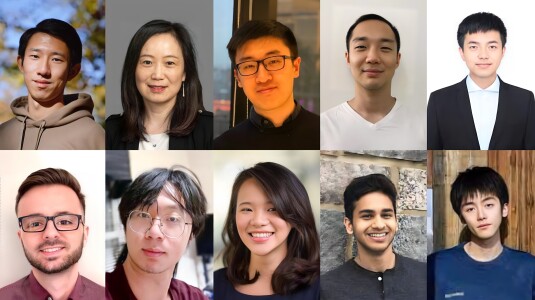This system will employ context-aware, multi-modal communication using state-of-the-art machine learning techniques to enable flexible and human-like collaboration. Users with different preferences and capabilities will be able to tailor their experience, so our TaskBot can be more accessible to diverse groups, and ultimately, reach more users.

Anthony Sicilia - Team leader
Sicilia specializes in machine learning theory, in particular domain adaptation theory, and its applications to natural language understanding and generation, especially in multi-modal dialogue. Published in UAI, IJCAI, and ACL venues (ACL, AACL, TACL) including 5 full papers in 2022 with one best paper award.
Kate Atwell
Atwell is a 3rd-year student at the University of Pittsburgh. She is currently studying natural language processing under Dr. Malihe Alikhani, with specific interests in discourse analysis and inclusive dialogue. She holds Bachelor’s degrees in Mathematics and Computer Science from the University of Maryland, Baltimore County, and has published in ACL, NAACL, COLING, UAI, and SIGDIAL.
Mert Inan
Inan is a Ph.D. student in Computer Science at the University of Pittsburgh currently doing research with Dr. Malihe Alikhani. He has a Master's degree from Computational Biology Department in School of Computer Science and Mellon College of Science of Carnegie Mellon University. He did research with Prof. Tai-Sing Lee. His Bachelor's degree in Computer Science is from Bilkent University, Turkey. His research and background is transdisciplinary and is currently interested in investigating cognitively-aware multimodal dialogue systems, bio-inspired deep learning architectures, NeuroRoboNLP. He enjoys applying DL models to computational biology and computational linguistics problems.
Sabit Hassan
Hassan is a 2nd-year PhD student with research interests spanning controlled natural language generation, Active Learning for NLP, and AI moderation of abusive content on social media.
Qi Cheng
Cheng is a graduate student in the University of Pittsburgh. He earned his master of science from Johns Hopkins University and earned his bachelor of science from Case Western Reserve University. His research interest is in NLP and multi-model.
Paras Sharma
Sharma is a first-year Computer Science Ph.D. student at the University of Pittsburgh. His research interests lie in the intersection of Human-Computer Interaction and Natural Language Processing (particularly Natural Language Dialogue Systems). He wants to research ways to apply HCI and NLP to enhance group learning interactions and make educational technologies more interactive. He is currently working on modeling a learner’s persona during interactions with a learning robot and planning robotic interventions based on generated persona.
Jennifer Nwogu
Jennifer is a Ph. D student at the University of Pittsburgh studying information science. Her research focuses on identifying goals and understanding the design preferences of users when interacting with information technologies. Her focus aims to create reflection tools that support information literacy and user design preferences on digital devices through collaboration with end users.
Yuya Asano
Yuya is a Ph.D. student in Intelligent Systems at University of Pittsburgh, supervised by Professor Diane J. Litman. His research interest lies in the intersection of natural language processing (NLP), human-computer interaction (HCI), and educational technology. He works on the application of NLP in the domain of education to make distance learning more interactive and offer rich education to everyone regardless of their socioeconomic status.
Malihe Alikhani - Faculty advisor
Malihe’s research interests center on representations of communicative structure for improving ethical/practical machine learning. She has designed task-oriented dialogue systems and conversational QA models. Her work has explored data-driven modeling of inferential links in text and imagery, neural controllable description generation for images, datasets and models of coherent diagram interpretation and gesture and sign generation. Alikhani has collected corpora annotated by crowdworkers and expert linguists in the area. She has designed software for annotation, formal and ML models for studying communicative intents and context of human-machine communication. DARPA, NIH, NSF, and Google have supported her research on interactive and equitable systems.




